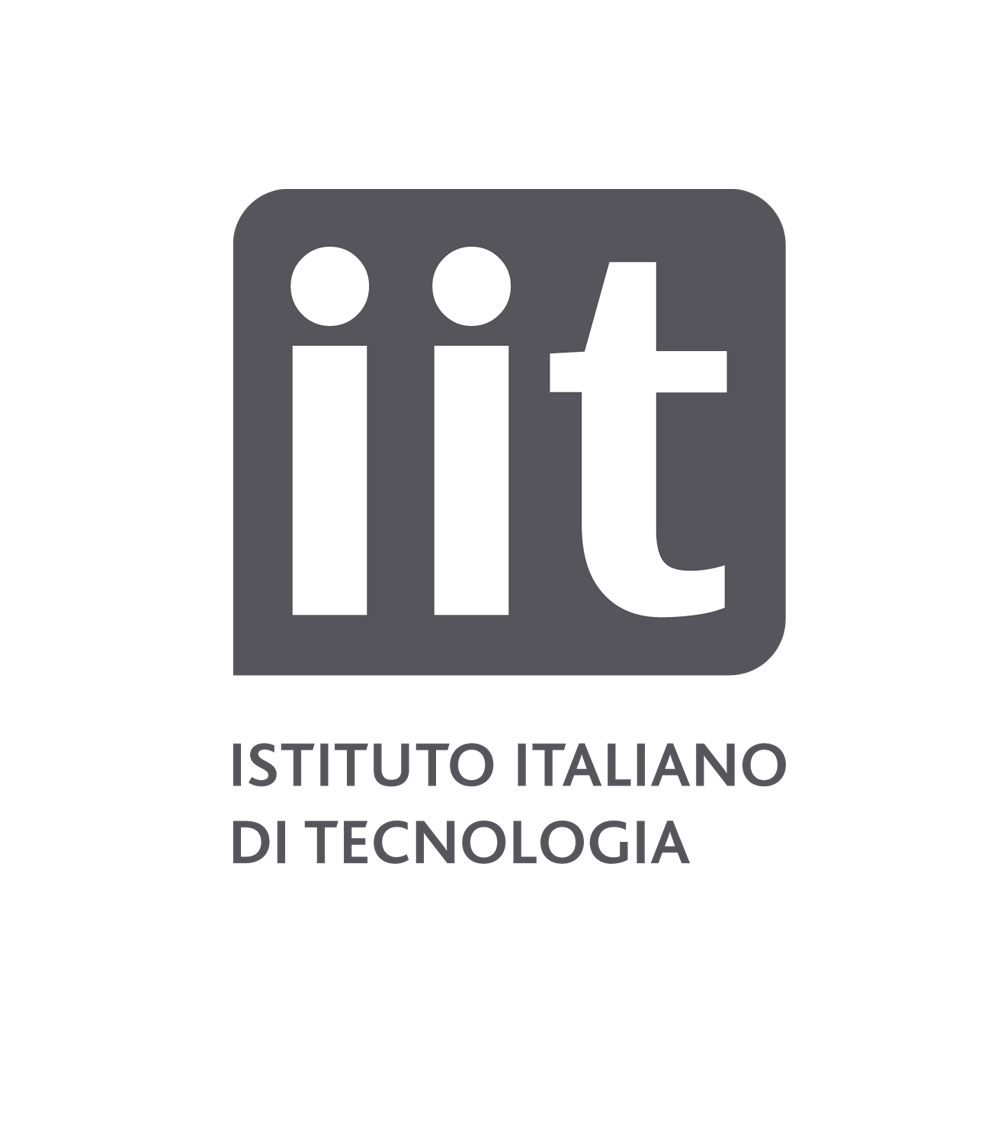The molecular medicine research activity focuses on studying the links between clock factors and human pathologies, as well as on the identification and evaluation of novel molecules with “clock modulator” activity for therapeutic applications.
As an example, we recently discovered that the circadian regulator REV-ERBβ is over-expressed in several tumor cells and it operates as a cytoprotective factors upon genetic and pharmacological autophagy inhibition. As a consequence, REV-ERBβ inhibition induces apoptosis in cancer cells exposed to autophagy suppressor molecules, such as the clinically relevant drug, chloroquine.
In addition, we identified a novel class of dual REV-ERB/autophagy inhibitor compounds with a single-agent antitumor activity. This study is the first evidence that the pharmacological targeting of circadian regulators may be a suitable anticancer strategy.
We are now focused on the identification of the molecular connections between circadian signaling, autophagy and metabolism that support cancer cell viability.
Considering the increasing number of epidemiological evidences indicating an intimate link between circadian disruption and tumor development and progression, these studies will provide useful molecular and genetic insights on the circadian/cancer connection.
